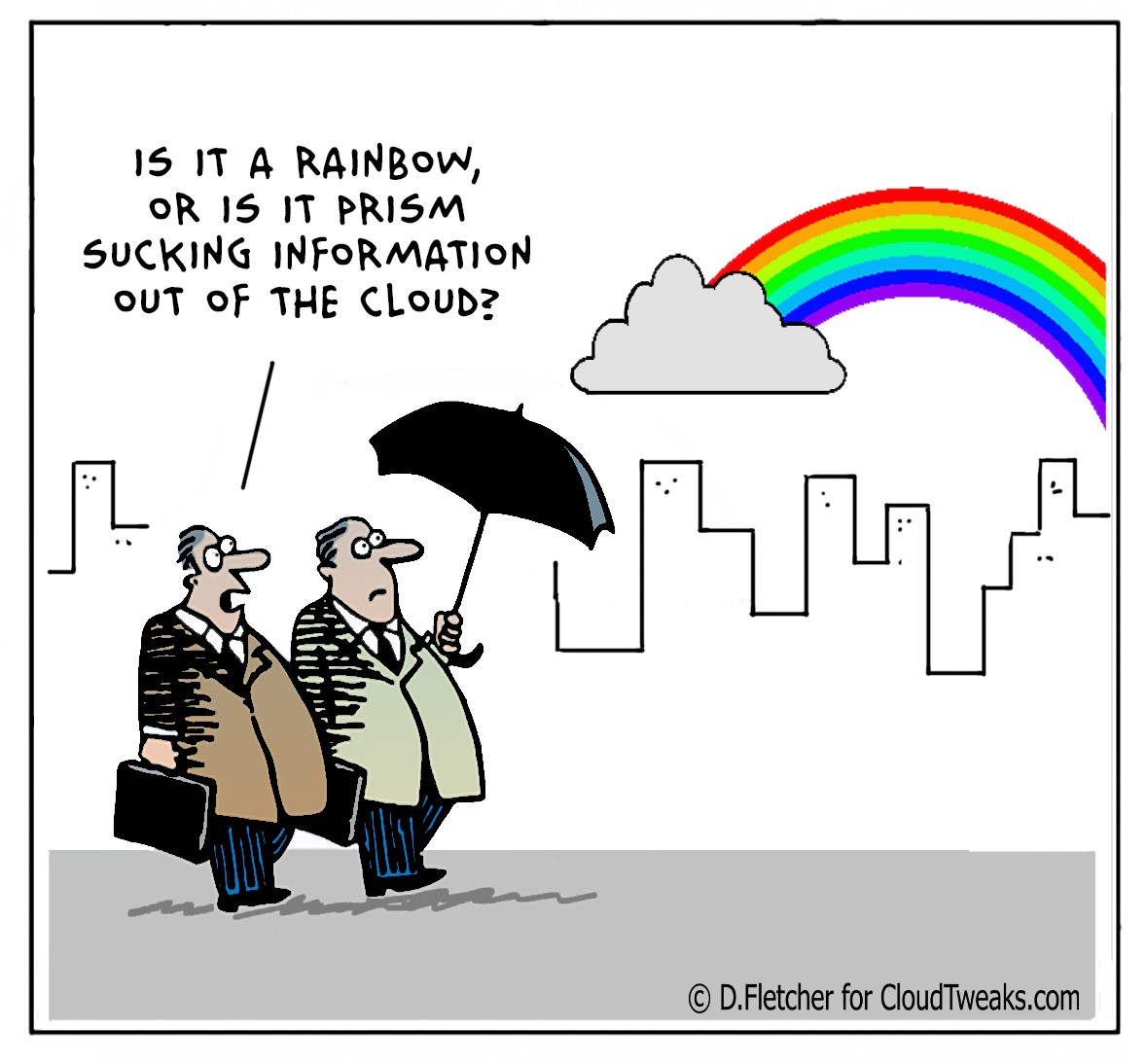
Did He Really Do Anything Wrong?
Did Snowden really do anything wrong? He didn’t harm anybody. He said he didn’t disclose all the documents, but publicized selectively so as to ensure that no one suffered unnecessary harm as a result of his exposure. U.S. society and politicians say he harmed national interests—this is a grand but useless accusation. Hasn’t this always been the autocratic government’s most beloved rhetoric? Anyone can investigate and expose government scandals, then assume the power to say it is a state secret; when the scandal becomes the highest-level state secret, whoever dares to expose it is then the nation and the people’s offender!
Who can uphold righteousness before such an accusation? Who wouldn’t be afraid? It’s no wonder Snowden fled to Asia.
U.S. society and politicians blame Snowden for harming American interests, but if we can be a little more rational, it’s easy to discover that what he harmed was not American interests, but America’s dignity! The U.S. emphasizes freedom and respect for human rights, but Snowden exposed this hypocritical mask, robbing America of its pretentious foundation of self-righteousness, bringing it down from the high moral ground from which it criticized others. To put it bluntly, his offense is making America lose face!
He did well in fleeing to Hong Kong! Hong Kong could not extradite him. If China really did extradite him, America would lose even more face, because this is tantamount to China and America cooperating to punish a scandal-exposer. After that, what basis would America have to criticize China, or any country, for showing contempt for human rights, democracy or freedom?
National security is important, but the right to personal privacy is similarly important. The government cannot just do whatever it pleases under the slogan of national security, otherwise what does personal freedom even amount to? It’s not surprising that after this exposure of government surveillance, Obama’s popularity plummeted. The things that government—actually, high officials—do are all secret, as long as they don’t want to tell you, but common people don’t have any secrets to speak of. Once this kind of government begins to abuse its authority, it’s just as frightening as you can imagine.
If it were a Chinese scandal Snowden had revealed, he would have immediately become an American hero. But because it’s a U.S. government scandal, he instead becomes a traitor, even though authorities cannot specifically say how he harmed any Americans. The United States does not belong to the U.S. government, therefore this surveillance is genuinely damaging to the American people. But within the reversed values of rhetoric, those who speak out for justice for the American people instead turn into those who harm the American people. This kind of paradox often occurs in the Third World, but today it unfolds on the American stage—no wonder the whole world is in an uproar.
Don’t casually say a person has done wrong. We must examine the standards for right and wrong, as well as who has defined these standards. If these two matters are not made clear initially, to say others have wronged is completely meaningless, other than allowing dignity and self-righteousness to be maintained; if it’s because there is power in numbers, believing the minority is indisputably at fault is still absolutely naive and laughable. Even if it is purely an appeal to tradition, then the ignorance of it is all the more conspicuous, for we know just how many times people of the 21st century have already opposed tradition!

